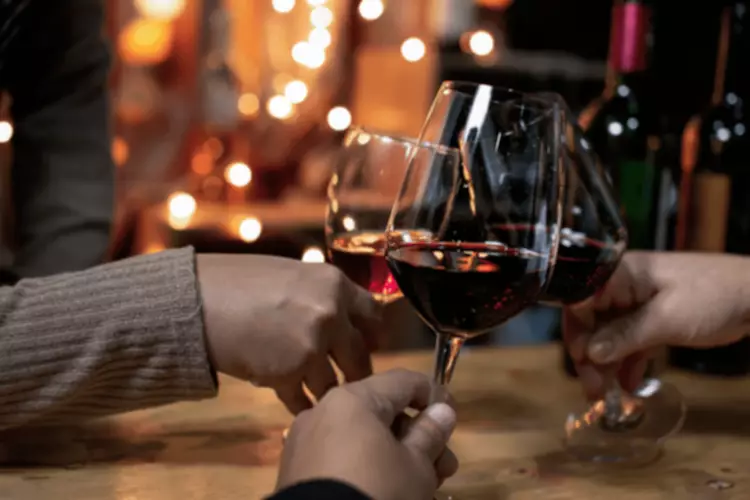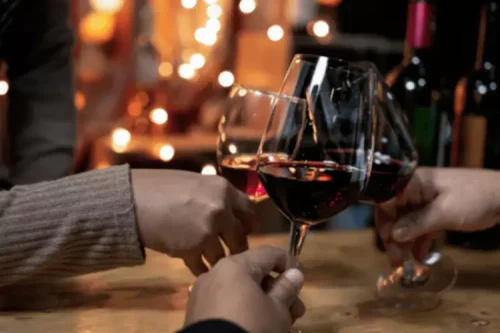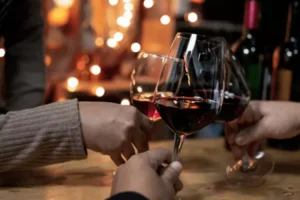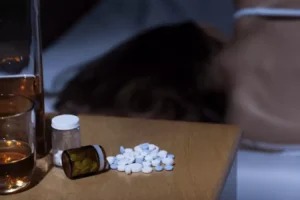
Support groups are another way you can receive ongoing recovery treatment for marijuana abuse. There are many support groups available for those who wish to quit marijuana use. The purpose of behavior therapy is to help patients address the psychological aspects of their condition. The amount of time spent in behavioral treatment differs from person to person.
Cognitive-Behavioral Therapy (CBT)
When someone is dependent on marijuana, they may experience withdrawal when they attempt to quit or cut down on the consumption of the drug. Despite the prevalent notion that marijuana is entirely safe or free of any addictive potential, there is certainly evidence to suggest otherwise. Relaxation techniques are practices designed to reduce stress and tension in the body and mind, promoting a state of calm and well-being. These techniques help activate the body’s relaxation response, counteracting the stress response and lowering levels of stress hormones like cortisol. Some examples of relaxation techniques include mindfulness meditation, deep breathing exercises, and yoga can help reduce stress and cravings. These techniques promote relaxation and enhance emotional regulation, making it easier to cope with the urge to use heroin.

Does Insurance Cover Marijuana Addiction Treatment?
Identifying these triggers allows individuals to develop strategies to avoid or manage them effectively. Educating loved ones about marijuana addiction and the recovery process is essential for building a supportive environment. When family and friends understand what the individual is going through, they can offer more informed and compassionate support. Their support can significantly improve an individual’s ability to overcome addiction and maintain sobriety.
- However, with persistence, support, and the strategies outlined in this guide, achieving and maintaining lasting sobriety is possible.
- Dependence, although not the same as addiction, can indicate the presence of an addiction.
- While behavioral therapies and counseling are the primary approaches to treating marijuana addiction, medication can also play a supportive role in the recovery process.
- While support groups offer free, ongoing support in a community setting, participation is largely self-motivated when not part of a larger, structured treatment plan.
- During the evaluation process, we create a comprehensive care plan for each new client.Medically supervised detoxallows participants to complete the withdrawal phase under the care of compassionate professionals.
Lifestyle and Coping Strategies
- Rehab facilities also provide a variety of educational groups that teach patients about life skills, nutrition and wellness.
- The National Institute on Drug Abuse (NIDA) identifies marijuana as an addictive drug.
- Many people think marijuana use is harmless, especially because it’s a natural product.
- A relapse—using substances after a period of sobriety—during ERP therapy doesn’t always mean a major setback.
- Behavioral interventions for substance use disorders are the mainstay of treatment and have evidence for efficacy in reducing use and facilitating abstinence.
The Virtue Recovery Center offers comprehensive marijuana addiction treatment near you, focusing on personalized care to address this intricate condition. It is crucial to remember that medication alone is not a comprehensive solution for marijuana addiction. Medications should be used in conjunction with behavioral therapies and support groups to address the complex nature of addiction. Consulting is marijuana addictive with a healthcare professional or addiction specialist can help determine the most appropriate treatment plan for individuals seeking to overcome marijuana addiction. Ongoing research is exploring potential medications for the treatment of marijuana addiction.
Screening, Brief Intervention, and Referral to Treatment
This accredited CE activity may or may not discuss investigational, unapproved, or off-label use of drugs. Participants are advised to consult prescribing information for any products discussed. The opinions expressed in the content are solely those of the individual faculty members and do not reflect those of Physicians’ Education Resource®, LLC. The goal of this activity is to evaluate evidence-based behavioral treatments, medications, and management strategies for cannabis use disorder. Weed addiction not only affects individuals but also has an impact on their families and loved ones.
Substance Use Disorder Treatment Options
By seeking professional help, individuals and families can access the necessary resources and support systems to navigate the challenges of weed addiction. Whether it’s finding the right treatment center, consulting addiction specialists, or utilizing available resources, professional help plays a crucial role in supporting individuals on their path to recovery. By adopting healthy coping mechanisms, building a reliable support system, and addressing underlying issues, individuals can enhance their chances of successful recovery from weed addiction. These strategies, combined with other treatment approaches, contribute to a comprehensive and holistic approach to addiction recovery. Reach out to family and friends for referrals, or do an online search for specialized treatment centers in your area. Make sure alcohol rehab that any treatment center you choose is accredited and provides evidence-based treatments such as cognitive behavioral therapy and motivational enhancement therapy.
RECOVER LIFE.

This condition involves a physical and psychological dependence on cannabis, with users experiencing cravings, withdrawal symptoms, and a compulsion to continue using even when it interferes with daily life. Because cannabis does not carry the risk of fatal overdose, the use of cannabis as a harm-reduction treatment in the opioid epidemic warrants further investigation. Fortunately, addiction and OCD are both treatable mental health conditions, and it’s possible to address OCD symptoms while you are in recovery for substance use (and vice versa). Little research has been conducted on alternative endpoints in opioid use disorder treatment, but it will be needed to advance medication development in this area. Decreased substance use also makes it more likely that the individual can hold a job, be a supportive family member, and so on.
- However, many people experience a freeing effect once they’ve begun to share their story with others during group therapy.Group counselingoccurs in a safe, confidential space with compassionate counselors.
- This group is modeled after Alcoholics Anonymous (AA), including a 12-step program to work through the addiction.
- Drug abuse and addiction can be scary and uncertain, but it’s treatable, and there’s help out there.
- By combining behavioral therapies, medications when appropriate, and the support of groups like MA, individuals can access a comprehensive treatment approach that addresses the physical, psychological, and social aspects of marijuana addiction.
Treatment for Marijuana Abuse

Our primary goal is to connect you or someone you love to the necessary treatment. Either undergone on its own or as a step down from inpatient care,outpatient rehabis another popular treatment program option at The Recovery Village. Unlike inpatient rehab, outpatient rehabilitation does not involve a residential component. Rather than living on The Recovery Village’s campus, patients commute from their home or sober living housing. Whether you are struggling with addiction, mental health or both, our expert team is here to guide you every step of the way. Don’t wait— reach out today to take the first step toward taking control of your life.
Although most people prepare marijuana to include the seeds and stems of the plant. Programs like Marijuana Anonymous (MA) and other peer support groups provide a community of individuals who share similar experiences. These groups create an environment for sharing challenges, building accountability, and accessing social support crucial for recovery. Each of these symptoms reflects behavioral and physical signs that indicate cannabis use is impacting daily functioning, potentially leading to addiction.

What Are the Health Risks of Marijuana Use?
These symptoms can include irritability, mood swings, sleep difficulties, decreased appetite, cravings, restlessness, and various forms of physical discomfort. Support groups and counseling can provide invaluable support and guidance to individuals struggling with weed addiction. These avenues offer a safe and non-judgmental space where individuals can share their experiences, gain insights from others, and learn effective strategies for recovery.